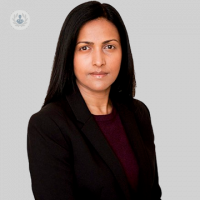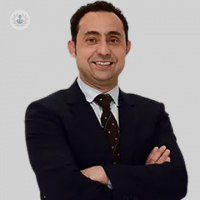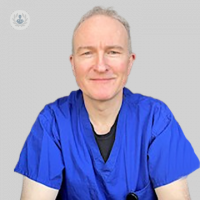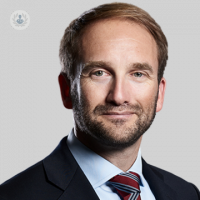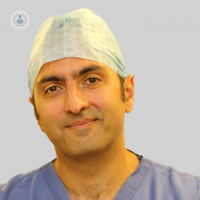What is ophthalmology?
Ophthalmology is a branch of medicine which deals with the
eyes and
visual system, and diagnosing, treating, and preventing diseases and conditions affecting them.
Ophthalmology is a
mixed medical and surgical specialty, and deals with a diverse range of issues.
Eye health services are very important, as
eye problems, such as cataracts, are
very common, affecting a large number of people across the UK, and as the population ages, the incidence of
age-related macular degeneration (AMD) increases. If these diseases are caught early enough, they can be treated and managed with the expertise of ophthalmologists.
What conditions does an ophthalmologist treat?
Although the eye is a small organ, its importance cannot be overstated, and, due to the complexity of our visual mechanics, the eyes can be affected by a number of different problems and diseases. As such,
ophthalmologists have to be trained to deal with a wide variety of visual problems. Some of these eye problems are very common – for instance, cataract surgery is the second most common operation performed on the NHS in England.
Some of the conditions ophthalmologists treat include:
Which subspecialties are included under ophthalmology?
Sub-specialty interests for ophthalmologists include:
- Medical retina
- Glaucoma
- Paediatric ophthalmology
- Oculoplastic surgery
- Cornea and anterior segment
- Neuro-ophthalmology
- Primary care
When should you see an ophthalmologist?
You should visit an ophthalmologist if you are experiencing problems with your vision, including
blurred vision,
glare or haloes,
flashes of light,
floaters, or if
colours don’t appear as vivid as they did in the past. If you are experiencing any problems or unexplained changes in your eyes, such as
inflammation, or a
change in the shape of your eye you may need the expertise of an ophthalmologist.










